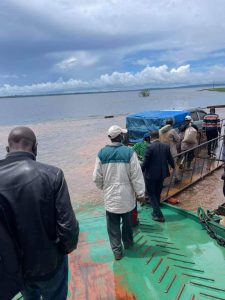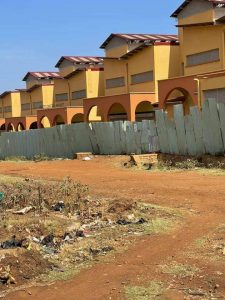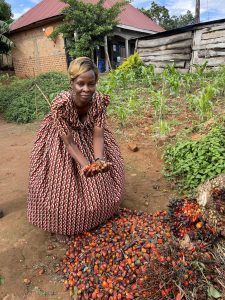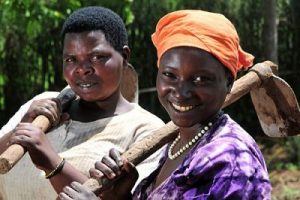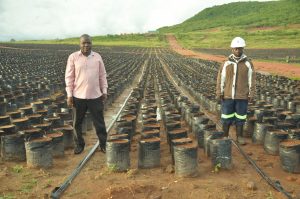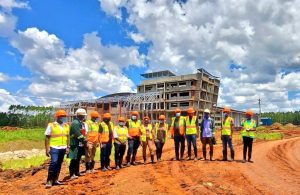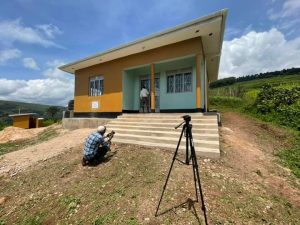
#OutToLunch Movie studios could be a good investment bet for Africa’s rapidly urbanizing population
By Denis Jjuuko About 25 years ago, Ugandans switched on their television sets for only a couple of hours a day. The country had one television station which was switched on from around 4.00pm and broadcasting ended by midnight. Television was largely public service broadcasting, euphemism in Uganda at the time for boring television. Then 24-hour television was introduced and pay TV for those who could afford came in. We are perhaps in what one would call today the third revolution of television with streaming gaining ground. Smart television sets can enable people watch all sorts of stuff as long as they have an internet connection. It is not uncommon to find a few people gathered in front of a smartphone at their local joint watching car racing or soccer. Dramas, films and such other stuff are now watched over the smartphone by young people as they commute from one place to another. Netflix channels are becoming increasingly popular and even DStv now has internet platforms. Amazon, preparing itself for a showdown with Netflix and other internet streaming providers recently acquired MGM, one of Hollywood’s most iconic movie studios. DStv’s Pearl Magic has been snapping up content to sell to its African subscribers. Africa is the world’s most urbanizing continent with a young population that is growing up on the internet. As the internet becomes readily available and affordable, content will increasingly be consumed from internet connected devices. Gone are the days for waiting to return home to watch TV. A family sitting in front of the TV set is no longer as common as it used to be. Although TV sets are still the main centre pieces in many urban living rooms, it is common to find every person in a home on their mobile devices consuming all sorts of content. Already, traditional media companies are strategizing on how to have their content available on smartphones. Many have come up with “digital, mobile first” and “digital, mobile only” strategies. The question for every media executive is on how to turn the skyrocketing internet subscribers into consumers of their content. Africa being a young population, entertainment is going to play a key role in the lives of many. Content that is entertaining to these young people is going to be immense. It is a matter of time before Amazon, AT&T (which owns Time Warner), and Netflix among others start looking at content for the continent. Instead of sending in content from Hollywood, there will be increased demand for content that is relatable and in languages and accents that people understand. Hollywood movies are mainly watched in Africa with translations due to accents that can be difficult for people to grasp. So if good quality content in languages or accents people can understand are widely available, why would one watch American ones? Most Uganda content creators do so on low budget given the market and sometimes like the guys of Wakaliwood use poorly made props and effects to produce content. This means that there is an opportunity for long term investors with an eye on the future to invest in studios from which Africans can tell their stories. I actually think that entrepreneurs like musician Akon instead of promising to build mega cities, movie studios would provide better returns on investment. Instead of the government providing him with one square mile of land to build a city, it would make more sense to build a studio. A square mile is just 640 acres and a city on such a small piece of land I believe won’t make so much sense. But a studio on the same size would be enormous to create real jobs while developing the performing arts sector. Studios in Africa also make sense because we already have a lot of stuff in place that are ideal for producing entertainment. The weather is nearly perfect throughout the year. The scenery in most parts of Africa is actually great for movies whether war or adventure ones. The lives many Africans live is actually content for movies that could mesmerize the world. We just need to train people to tell these stories in the most compelling way possible. But also we can invest in studios where people who want to make movies and create content can come to film or even sit and write scripts. With many unemployed people, it will be easy to find actors and extras albeit with some training. Already, many people aspire to become celebrities so this shouldn’t be so difficult to find talent. The writer is a communication and visibility consultant. djjuuko@gmail.com


